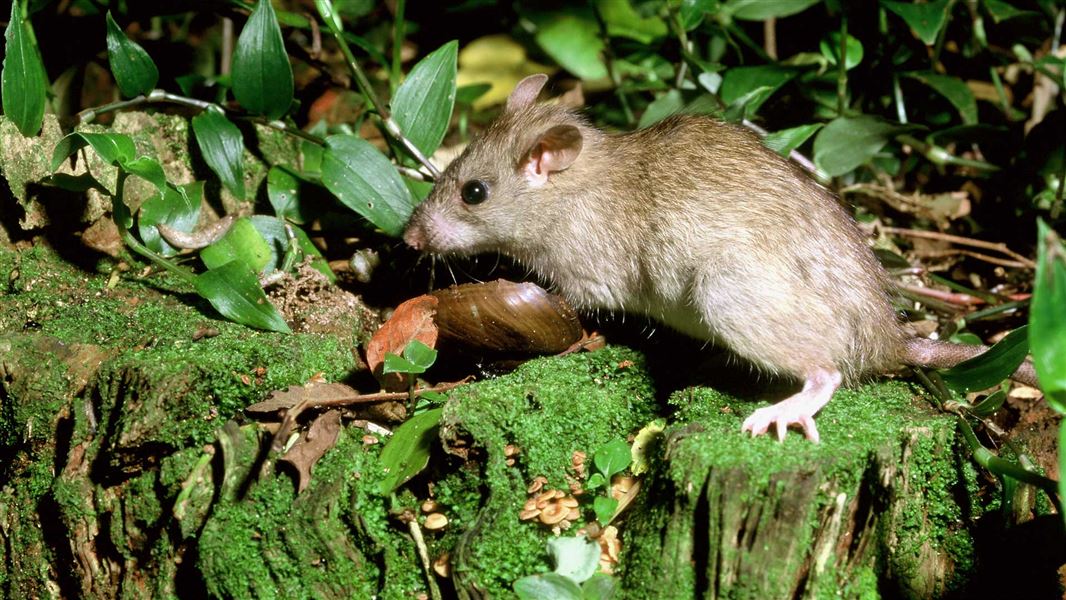Archived content: This media release was accurate on the date of publication.
Video
Date: 14 August 2017 Source: Office of the Minister of Conservation
Conservation Minister Maggie Barry says North Head/Maungauika on Auckland’s North Shore Devonport Peninsula is to become predator free, a first step towards a predator free Auckland.
Making the announcement today at the historic DOC managed reserve, Ms Barry says the initial target is rats.
”They kill under cover of darkness, they’re cunning and tough and they’re prolific breeders. Rats are the most significant predator on the maunga and to stop them we’re installing a trap network starting with a ring of traps around the base,” Ms Barry says.
“They’ll be set 25 metres apart to form a predator barrier and we’ll install a network of rat traps on the rest of the maunga, 50 metres apart, alongside roads and paths. This is the local community’s chance to step up as DOC will need volunteers to check the traps.”
North Head is a first step along the path to a Predator Free Devonport and then a pest free Auckland.
“DOC, Ngāti Whātua Ōrākei and Auckland Council are working together to make the whole Devonport peninsula pest free. Ngāti Whātua Ōrākei has provided 1500 rat traps for distribution to people living on the peninsula and is aiming for one trap in every five Devonport households. I also want to acknowledge and commend the efforts of hard working community volunteers involved with the Devonport Environmental Network (DEN) and the peninsula restoration project Te Manu Hopukia,” Ms Barry says.
“Strategically the Devonport peninsula is a good place to start the Auckland predator free journey because it’s isolated by water and it’s home to significant native and threatened bird populations. It’s also a point of entry to our gulf islands.”
“Controlling predators on the peninsula will help create a safe habitat and a corridor for native birds to return to the mainland. Eventually it’ll expand to cover the whole of Auckland and community by community, town by town, city by city, I’m confident that by 2050 we’ll have a rat, stoat and possum-free New Zealand.”
Contact
For media enquiries contact:
Email: media@doc.govt.nz
